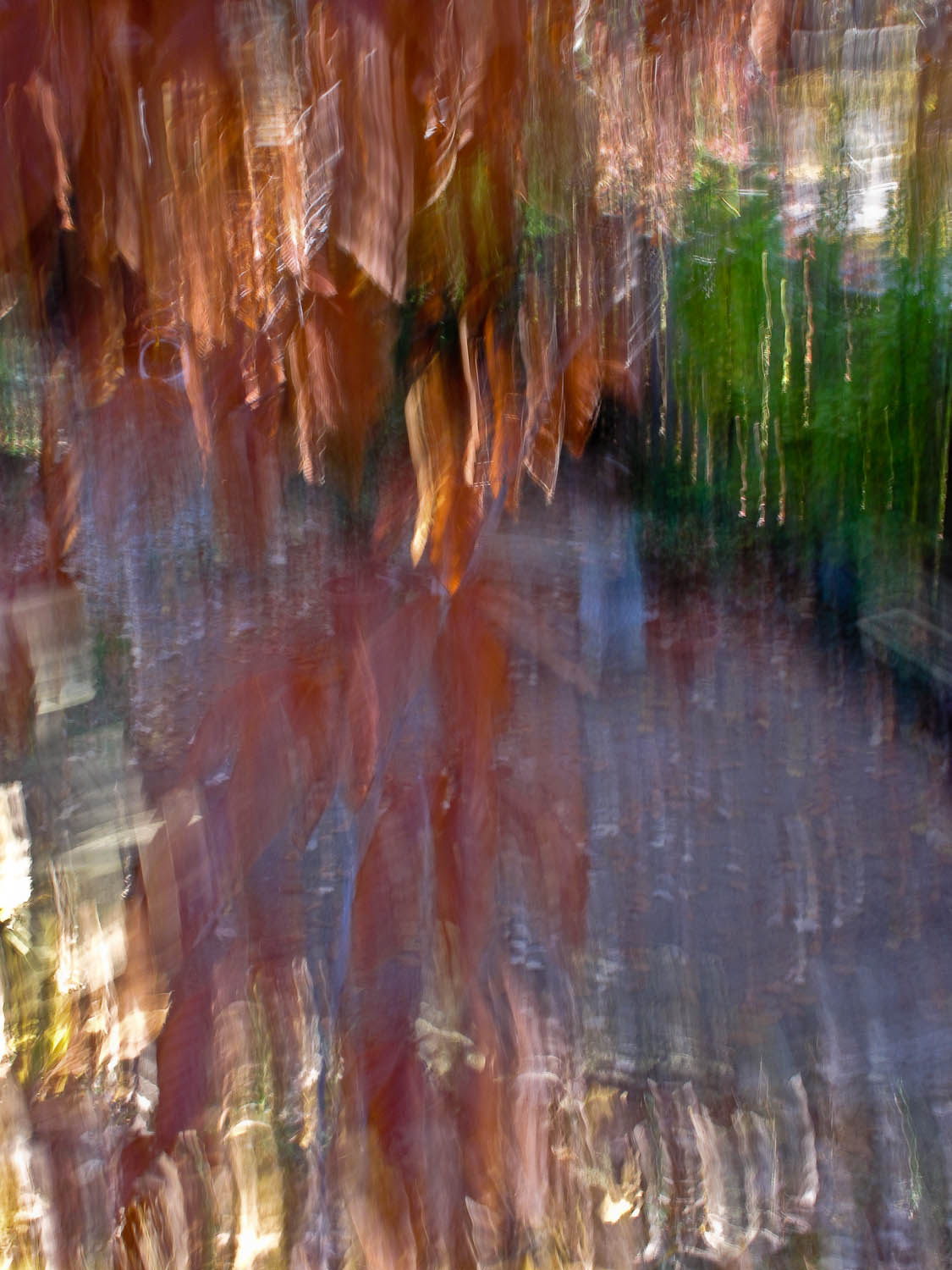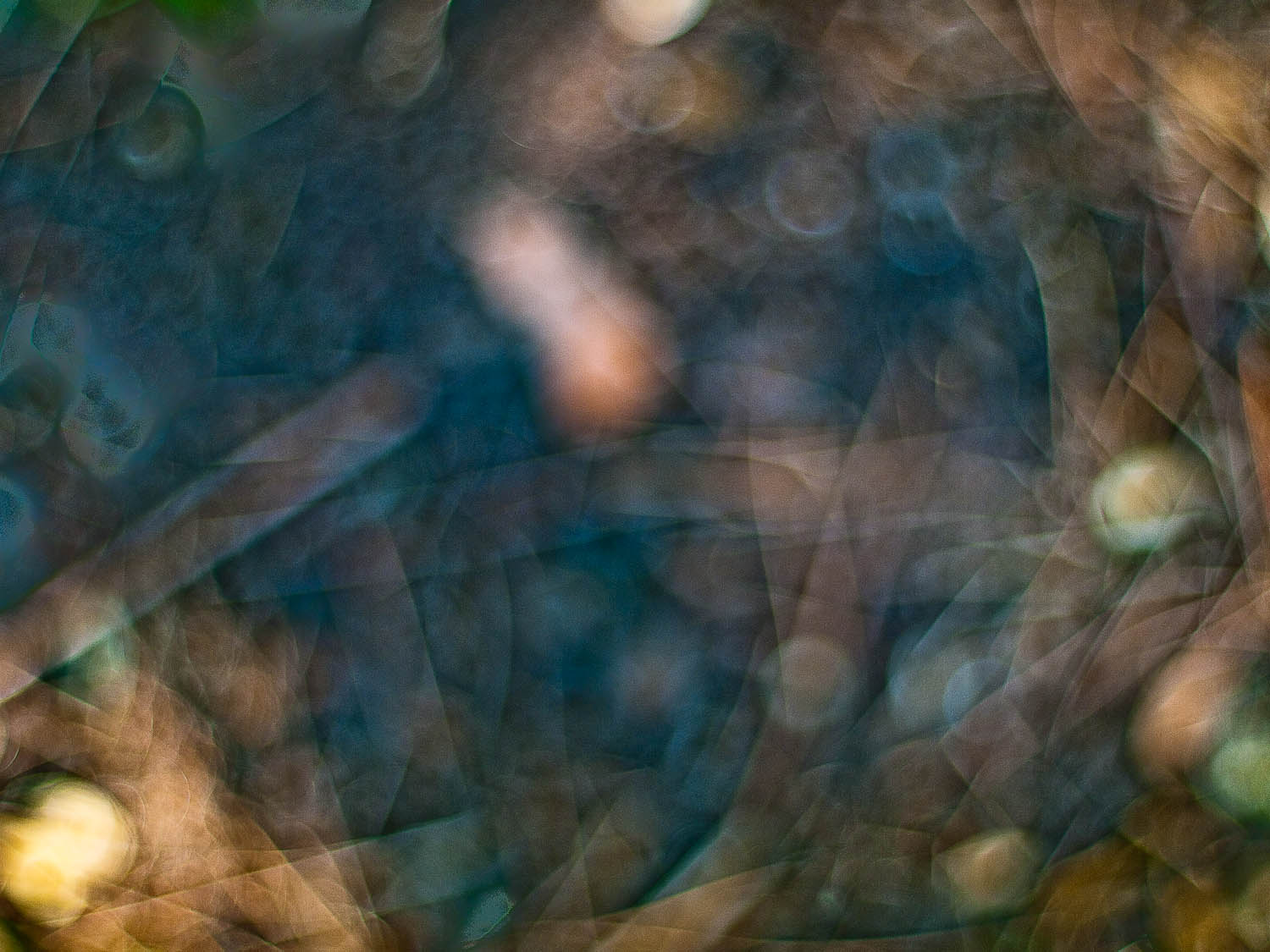The GetDPI Photography Forum
Great to see you here. Join our insightful photographic forum today and start tapping into a huge wealth of photographic knowledge. Completing our simple registration process will allow you to gain access to exclusive content, add your own topics and posts, share your work and connect with other members through your own private inbox! And don’t forget to say hi!
What does "Bokeh" mean to YOU?
- Thread starter Gary P
- Start date
N
nei1
Guest
On any "M" camera bokeh is guess work.All the fuss about which lens gives the best bokeh is,in my view,to ensure that those uncontrollable parts of the image do not distract from the subject.However if your using an SLR,bokeh becomes a definate controllable part of the image.With experience you can have a pretty good idea of how any out of focus areas will turn out with a rangefinder but not enough,in my opinion,to take any credit for it.
This last week I deliberatly took a photo with my pre-asph 35 lux on my M6 to see if I could predict and use the bokeh,,a lens I bought new and so know pretty well,in reality all I can hope for is a pleasant background,as Ive already said,but its quite possible that my preoccupation with the bokeh in this photo will have ruined or at least lessened a good photo.Hve to buy developer but will show the result at a later time......Neil.
This last week I deliberatly took a photo with my pre-asph 35 lux on my M6 to see if I could predict and use the bokeh,,a lens I bought new and so know pretty well,in reality all I can hope for is a pleasant background,as Ive already said,but its quite possible that my preoccupation with the bokeh in this photo will have ruined or at least lessened a good photo.Hve to buy developer but will show the result at a later time......Neil.
Last edited:
This is an interesting discussion: I posted a couple of pictures in the 4/3 forum yesterday that intrigued me because of this thing called Bokeh. The way I've resolved it in my head is as follows.
Bokeh is the effect of lens design and construction on the rendition of out of focus elements of the image. As every lens is different it will present a different bokeh for the same subject under the same conditions. Hence we say that one lens has a different bokeh than another, and in general people will prefer one lens over another because of it's OOF rendition. Bokeh is bokeh, you either like it or you dont.
But, a secondary, but important factor is "what is the nature of the image that is OOF?" What are the colors, how is the scene illuminated, what are the shapes etc. What you see in the final image is the interaction of the bokeh of the lens on the image. This is where the photographer has a certain degree of control to achieve the image they are looking for.
You can see this in these two images where the OOF image is a wood-chip mulch under the flowers. It is the structure and shape of the OOF background that works with the bokeh of the lens to produce an interesting image.
Keith
Bokeh is the effect of lens design and construction on the rendition of out of focus elements of the image. As every lens is different it will present a different bokeh for the same subject under the same conditions. Hence we say that one lens has a different bokeh than another, and in general people will prefer one lens over another because of it's OOF rendition. Bokeh is bokeh, you either like it or you dont.
But, a secondary, but important factor is "what is the nature of the image that is OOF?" What are the colors, how is the scene illuminated, what are the shapes etc. What you see in the final image is the interaction of the bokeh of the lens on the image. This is where the photographer has a certain degree of control to achieve the image they are looking for.
You can see this in these two images where the OOF image is a wood-chip mulch under the flowers. It is the structure and shape of the OOF background that works with the bokeh of the lens to produce an interesting image.
Keith
Confucio 500 AD.self awareness came from the selective focus capacity of the eye.
V
Vivek
Guest
Keith, the second one is a what would be termed as a "double line" bokeh.
Many (if not all) Japanese lenses from the Takumar era are known for it.
Have you tried similar shots under softer light?
Many (if not all) Japanese lenses from the Takumar era are known for it.
Have you tried similar shots under softer light?
Hi VivekKeith, the second one is a what would be termed as a "double line" bokeh.
Many (if not all) Japanese lenses from the Takumar era are known for it.
Have you tried similar shots under softer light?
These are the only images I've processed from this lens - a super-takumar 1.4/50. Please can you tell me more about the "double line" bokeh - because it turns my crank:bugeyes:
I'm going to resurrect this lens and try it in other conditions.
Thanks
Keith
As I do more research on this, it seems that people are classifying bokeh as good or bad. As I said earlier, I think bokeh is something you have to work with to get the artistic results you are looking for.
When you buy a lens, you consider sharpness, fast or slow, and perhaps, bokeh. Choose the bokeh carefully because it can vary all over the place. Usually you see the effect of bokeh at wide aperture, so your style of photography will determine how important it is.
Even first thoughts on a bad bokeh can be turned into a stunning image at the end.
Keith
When you buy a lens, you consider sharpness, fast or slow, and perhaps, bokeh. Choose the bokeh carefully because it can vary all over the place. Usually you see the effect of bokeh at wide aperture, so your style of photography will determine how important it is.
Even first thoughts on a bad bokeh can be turned into a stunning image at the end.
Keith
Last edited:
N
nei1
Guest
The double line bokeh is ,for me, the most distracting;looks like camera shake.I could repeat what Ive already said here.
It was not possible for me to get the image I wanted through camera shake. But in other cases I have done that, for instance this one (but this also shows the influence of bokeh - so we have shaky bokeh)The double line bokeh is ,for me, the most distracting;looks like camera shake.I could repeat what Ive already said here.
Keith

Tim
Active member
When those home bread making machines came out a decade ago, it seemed that the latest thing since sliced bread was unsliced bread.
Whats this bread talk to do with lenses? Well it seems the latest thing in lenses is now not how sharp they are but how well they blur things.
Bokeh seems to be subjective and a matter of opinion. On the whole though there are only some bokehs I don't like - strangely the lenses from Zeiss/Contax nearly always seem to always have "nice" bokeh IMHO. Why is that?
Any one got an example of Contax G1/G2 45mm bokeh? I seem to recall that was excellent.
Whats this bread talk to do with lenses? Well it seems the latest thing in lenses is now not how sharp they are but how well they blur things.
Bokeh seems to be subjective and a matter of opinion. On the whole though there are only some bokehs I don't like - strangely the lenses from Zeiss/Contax nearly always seem to always have "nice" bokeh IMHO. Why is that?
Any one got an example of Contax G1/G2 45mm bokeh? I seem to recall that was excellent.
N
nei1
Guest
It was not possible for me to get the image I wanted through camera shake. But in other cases I have done that, for instance this one (but this also shows the influence of bokeh - so we have shaky bokeh)
Keith
Whatever youve done ,it looks good to me.
Tim, I look at the camera and the lens combination as an artistic tool. (I really get peed off when University professors say that photography is not an art)When those home bread making machines came out a decade ago, it seemed that the latest thing since sliced bread was unsliced bread.
Whats this bread talk to do with lenses? Well it seems the latest thing in lenses is now not how sharp they are but how well they blur things.
Bokeh seems to be subjective and a matter of opinion. On the whole though there are only some bokehs I don't like - strangely the lenses from Zeiss/Contax nearly always seem to always have "nice" bokeh IMHO. Why is that?
Any one got an example of Contax G1/G2 45mm bokeh? I seem to recall that was excellent.
Many of the greatest photos taken with Leica cameras are not sharp and have obvious movement (Robert Capa, The Battle Begins, Omaha Beach) No one could care a fig that this picture is far from sharp. Had it have been sharp it would have been a document and not a picture.
I would not dream of using my crazy "double line bokeh" lens on a landscape (not that I could, because the set up would not show it) :toocool:
Keith
Sorry to harp on about this, but it is fascinating.
I think that the reason that the issue of bokeh is now front and center is because of digital photography. Everything is immediate, and allows much more experimentation.
Has anyone looked at the bokeh of a Holga? Sounds like a joke, but I'm being serious, (well, kind of).
I realize this is a Leica thread, and I've only owned one in my life. Maybe the word Holga does not belong here (I feel a little uncomfortable :deadhorse:!?)
Keith
I think that the reason that the issue of bokeh is now front and center is because of digital photography. Everything is immediate, and allows much more experimentation.
Has anyone looked at the bokeh of a Holga? Sounds like a joke, but I'm being serious, (well, kind of).
I realize this is a Leica thread, and I've only owned one in my life. Maybe the word Holga does not belong here (I feel a little uncomfortable :deadhorse:!?)
Keith
N
nei1
Guest
..........the importance of bokeh is relative to the quality of the image/the quality of bokeh is relative to the importance of the image..............
Bokeh is all smoke and no fire.
Bokeh is all smoke and no fire.
Last edited:
The quality of bokeh is relative to the importance of the image..........the importance of bokeh is relative to the quality of the image/the quality of bokeh is relative to the importance of the image..............
Bokeh is all smoke and no fire.
Bokeh is all fire and no smoke
Keith

